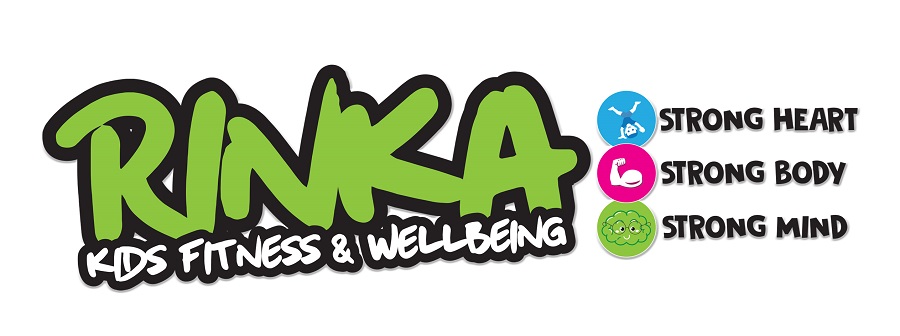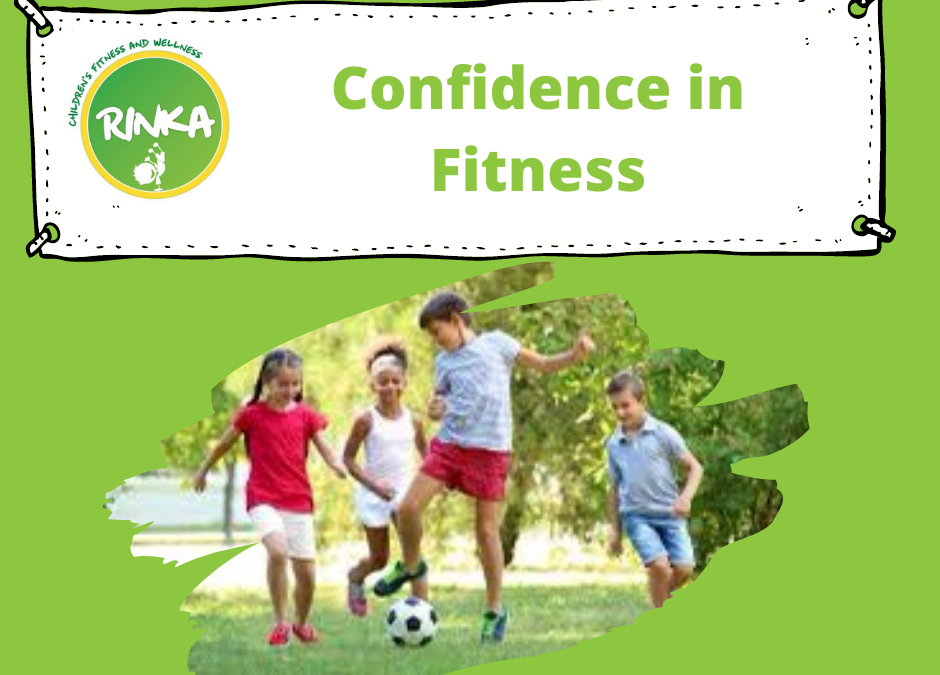In a RINKA class, our instructors place a huge emphasis on building the confidence of every child we teach. RINKA has built it’s ethos around the simple fact that when a child feels confident at a skill, they are much more likely to give it a go and enjoy it!
We have removed all elements of competition from our classes and instead we focus on taking part as being the winning aim. We don’t expect skill or talent, we simply encourage children to part take in order to allow us to build their confidence and sense of competency.
So why do we focus so heavily on confidence and how does confidence relate to health and fitness for kids? Well in a word, it is everything. Throughout our RINKA journey we have met children with every imaginable personality trait and those who lack confidence and self-belief are the ones who need the most encouragement.
Children label themselves from a young age as ‘sporty’ and ‘not sporty’ and by the time they have reached 6 years of age, they have identified with one or the other, and if they negatively identify themselves, they are far less likely to take part. Tackling self-confidence in sport is essential and I believe it needs to go even further than that – we need to differentiate between sport and fitness. Not every child is going to love sport, but every child needs to love fitness.
We need to focus on creating a space that encourages kids to learn and master the fundamentals of sport – every child needs to be able to run, skip, hop and develop basic ball skills but they need a non-competitive environment in which to do it.
There will always be room for competitive sports and the children that are that way inclined will naturally gravitate towards it, but what we need to focus on more are the kids who aren’t competitive. We need to build their skill level, which will in turn increase their confidence level and desire to participate.
We need to teach children of the benefits of exercise and that ‘being the best’ isn’t the goal but that ‘feeling the best’ is.
Here’s a few ideas for how you can help develop your child’s confidence and attitude towards fitness:
- Practice what you preach – make activity part of your daily life and allow your children to see it as normal, rather than something to be nervous about . Go for walks, play ball, do an active chore every evening before dinner. Move more. Kids do as they see
- Take time to help them develop skills and praise their efforts and improvements – play ball, create obstacle courses at home, buy a skipping rope
- Introduce them to alternative activities and teach them that fitness doesn’t have to mean sport – swimming, hill walking, beach running – do them as a family and make them fun
- Encourage their efforts and match their enthusiasm
- Take their lead – learn and listen to what interests them most

